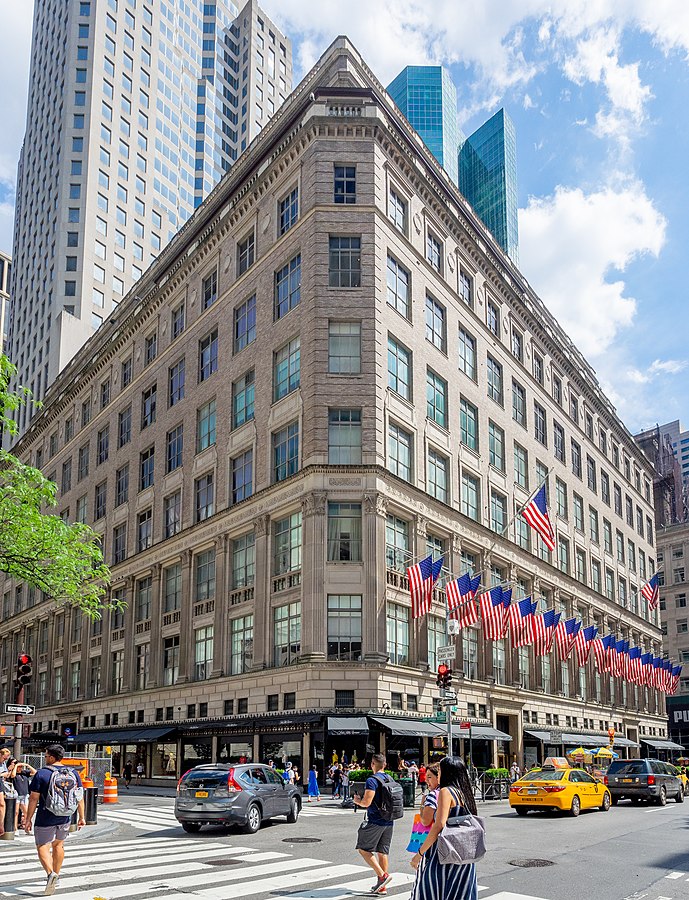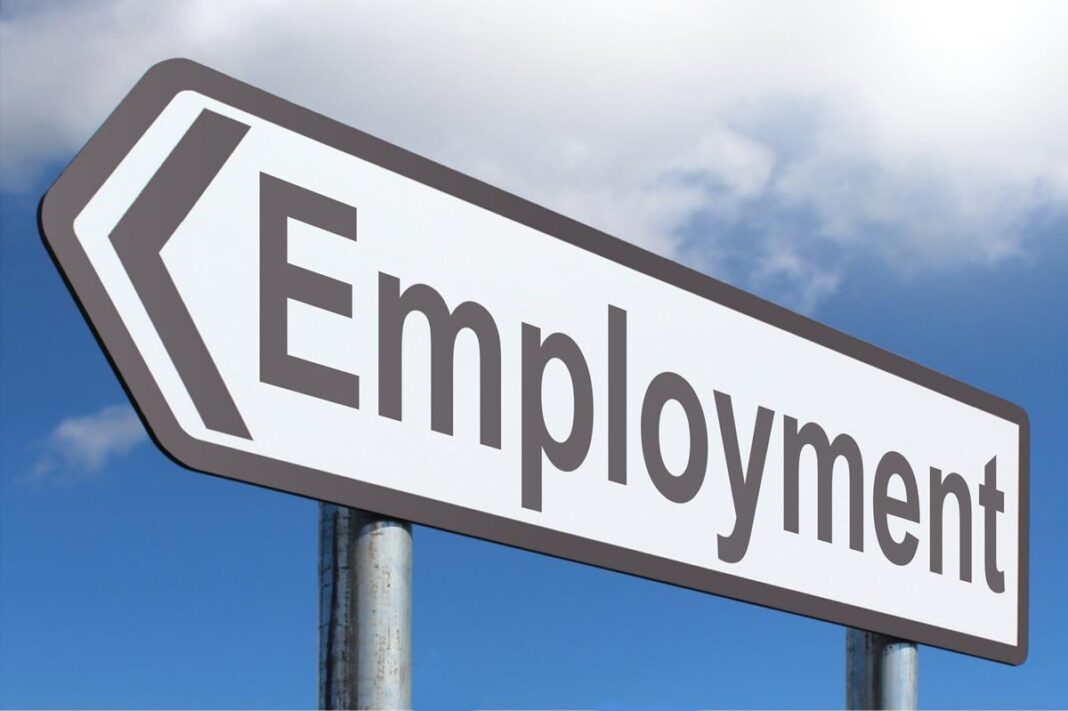July 3 (Reuters) – The parent of Saks Fifth Avenue agreed to buy rival Neiman Marcus, a person familiar with the matter told Reuters on Wednesday, a move that is expected to give the struggling luxury retailers more power to negotiate with vendors.
Amazon and Salesforce will take minority stakes in the combined company, to be called Saks Global, and offer their technological expertise, said the Wall Street Journal, which reported the $2.65 billion deal earlier in the day.
I normally wouldn’t comment on a deal like this because the companies are private and this won’t have any impact on markets or the economy. However, it is that second paragraph that makes me go hmmm.
I understand Amazon investing in the deal since they are already heavily invested in retail. It also isn’t their first investment in a bricks and mortar retailer; they already own Whole Foods. And the press release says that Amazon will provide technology and logistics support, which is certainly within their realm of expertise.
But why in the world is a software company investing in a luxury goods retailer? Obviously, the new combined company will need customer relationship software – which is what Salesforce makes – and they have “brand partnerships” with several luxury brands: Richemont, Louis Vuitton and McLaren. They also have a slew of investments in startup technology companies where they obviously have some expertise. But what do they know about luxury retailing? What do they know about the future of department stores?
My company, Alhambra Investments, owns shares in Salesforce in accounts we manage. We will be seriously considering whether we want to continue holding the shares. As shareholders of any company we are essentially outsourcing some capital allocation decisions to management. We rely on their expertise to invest in ways that enhance shareholder value. But we expect those investments to be in the business itself or in closely related businesses. This isn’t it. If this is the best investment available to Salesforce, they obviously have more capital than they can efficiently deploy in the software business. If that is the case, they should return more to shareholders in the form of buybacks or dividends.




